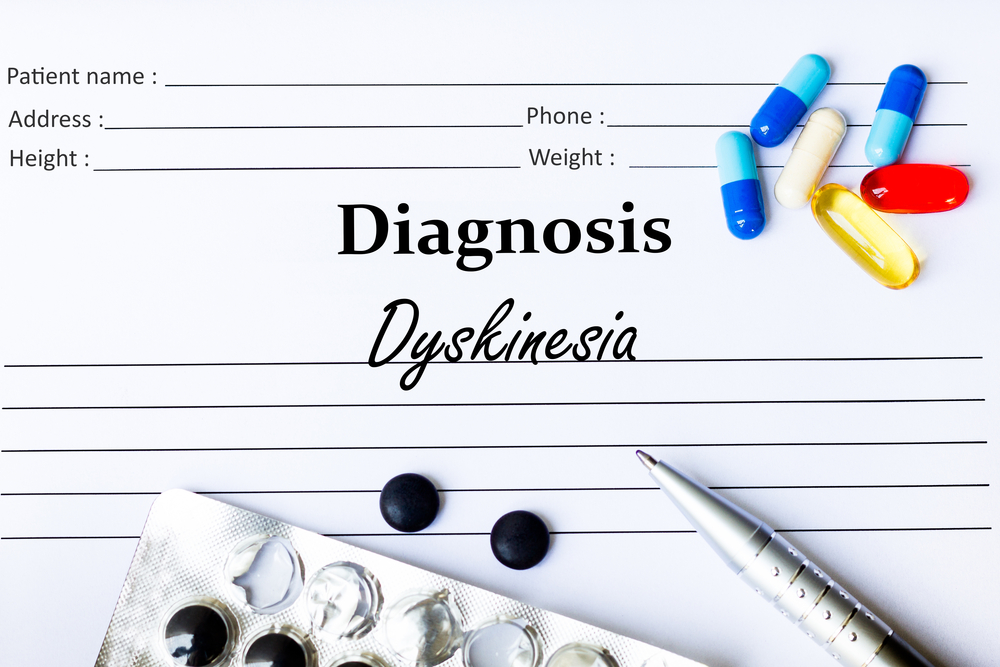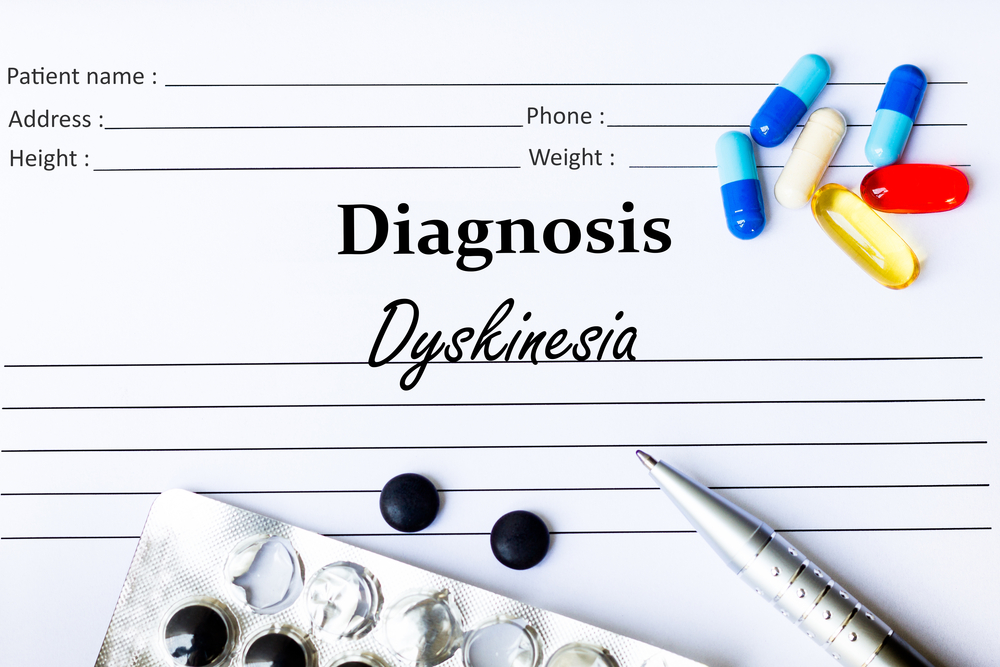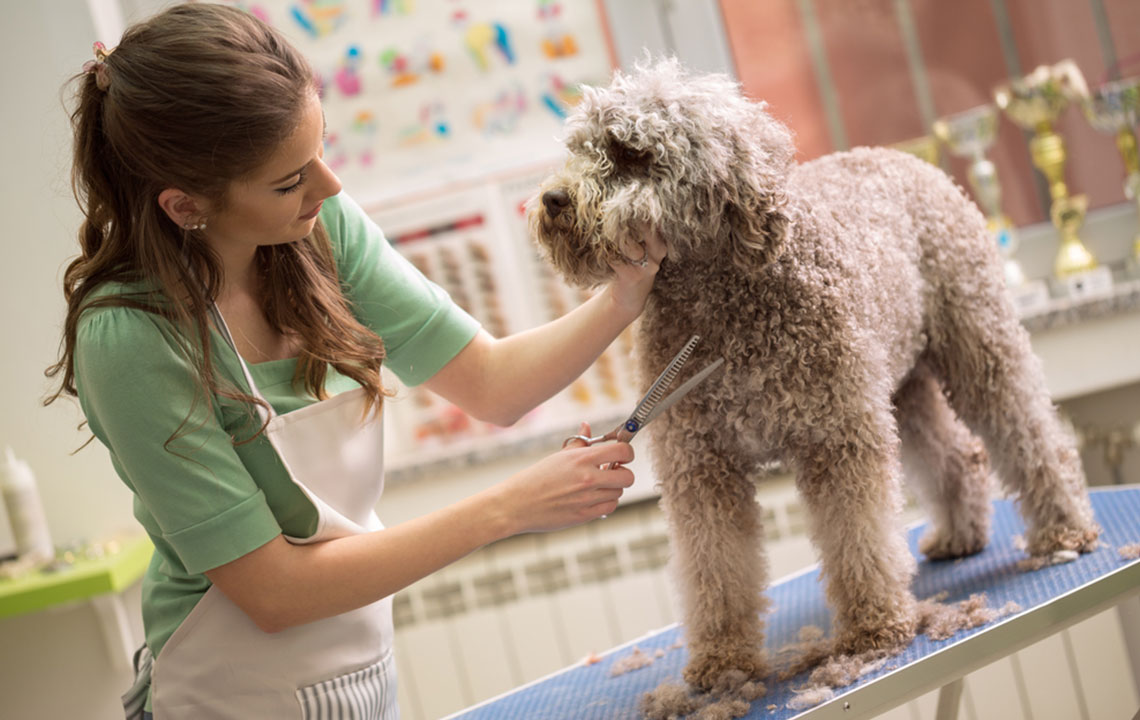Key Duties and Responsibilities of Elderly Caregivers
Elderly caregivers are crucial in ensuring seniors' well-being by providing personal care, household assistance, medication management, mobility support, and emotional companionship. Their roles promote safety and happiness for aging adults.
Sponsored

Senior caregivers play a vital role in supporting the well-being of older adults. Their responsibilities extend beyond basic assistance to encompass emotional support and household management. While caregiving presents certain challenges, a caring attitude combined with professional skills ensures effective and compassionate service. Below are some of the primary tasks caregivers undertake. Although individual needs vary, these core duties are commonly observed.
Basic Support
Many seniors require help with personal hygiene activities such as bathing, dressing, and laundry.
Assisting with Daily Tasks
Caregivers support seniors with household chores like grocery shopping, meal preparation, and paying bills on schedule. They often help maintain a clean and organized home.
Medication Management
Caregivers monitor the senior’s health plan, ensuring timely medication intake. For those with medical conditions, they observe and report any physical or mental health changes.
Mobility Assistance
Aging can weaken motor functions, making mobility difficult. Caregivers help seniors transfer from beds to chairs and accompany them on outings for safety and companionship.
Social Engagement
Beyond physical assistance, caregivers provide companionship. Engaging seniors in meaningful conversations and creating a supportive environment are essential to their emotional health.






